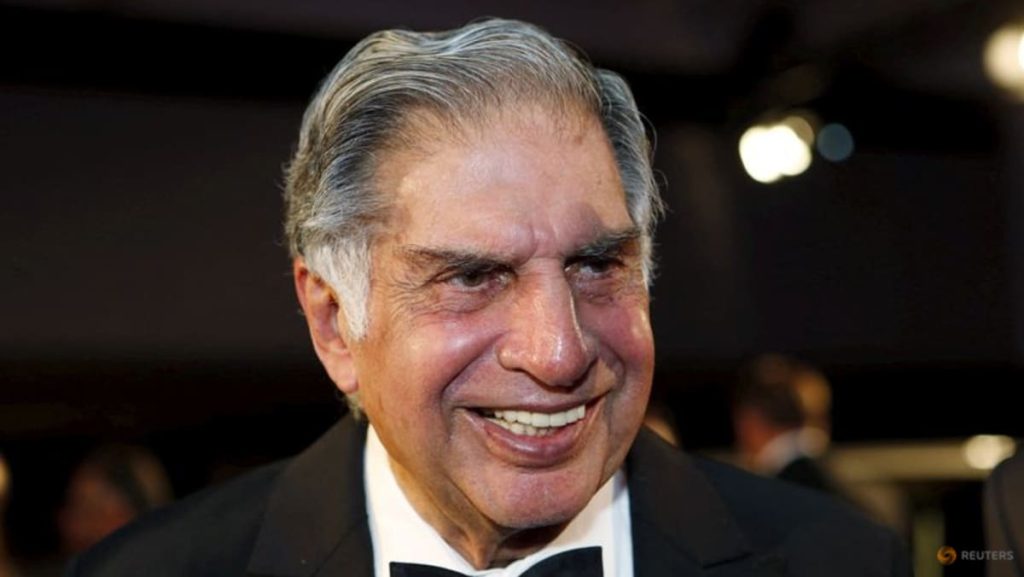Ratan Tata, an architectural graduate from Cornell University, began working for the Tata Group in India in 1962, where his great-grandfather had founded the company nearly a century prior. He held positions in various Tata companies, including Tata Motors and Tata Steel, before becoming the head of the conglomerate in 1991. This leadership transition coincided with India’s economic reforms that opened up the country to the global market, and Tata quickly implemented changes within the organization to increase efficiency and performance.
Under Ratan Tata’s leadership, the Tata Group expanded beyond Indian borders through strategic acquisitions of companies like British tea firm Tetley, Anglo-Dutch steelmaker Corus, and British luxury auto brands Jaguar and Land Rover. This marked a significant shift in the group’s growth strategy, allowing them to reach new markets and diversify their portfolio. Tata’s dedication to innovation is evident in projects like the Indica, the first car model designed and built in India, and the Nano, aimed at providing an affordable option for the masses.
Despite his success, Tata’s tenure at the helm of the Tata Group was not without controversy, notably the public feud that followed the removal of Cyrus Mistry as chairman of Tata Sons in 2016. Mistry accused Tata of interference and creating an alternative power center within the organization, while Tata maintained that Mistry had failed to turn around struggling businesses. Following his retirement from the Tata Group, Tata focused on investing in Indian startups, supporting companies like Paytm, Ola Electric, and Urban Company, among others.
Leading a relatively modest lifestyle and known for his philanthropic efforts, Tata was awarded the Padma Vibhushan, India’s second-highest civilian honor, in 2008 for his exceptional service in trade and industry. About two-thirds of the share capital of Tata Sons is held by philanthropic trusts, reflecting Tata’s commitment to giving back to society. His investments in startups and continued engagement in the business world showcase his dedication to fostering innovation and supporting new ventures in India. Despite challenges and controversies, Ratan Tata’s legacy at the Tata Group remains one of growth, transformation, and dedication to excellence.


